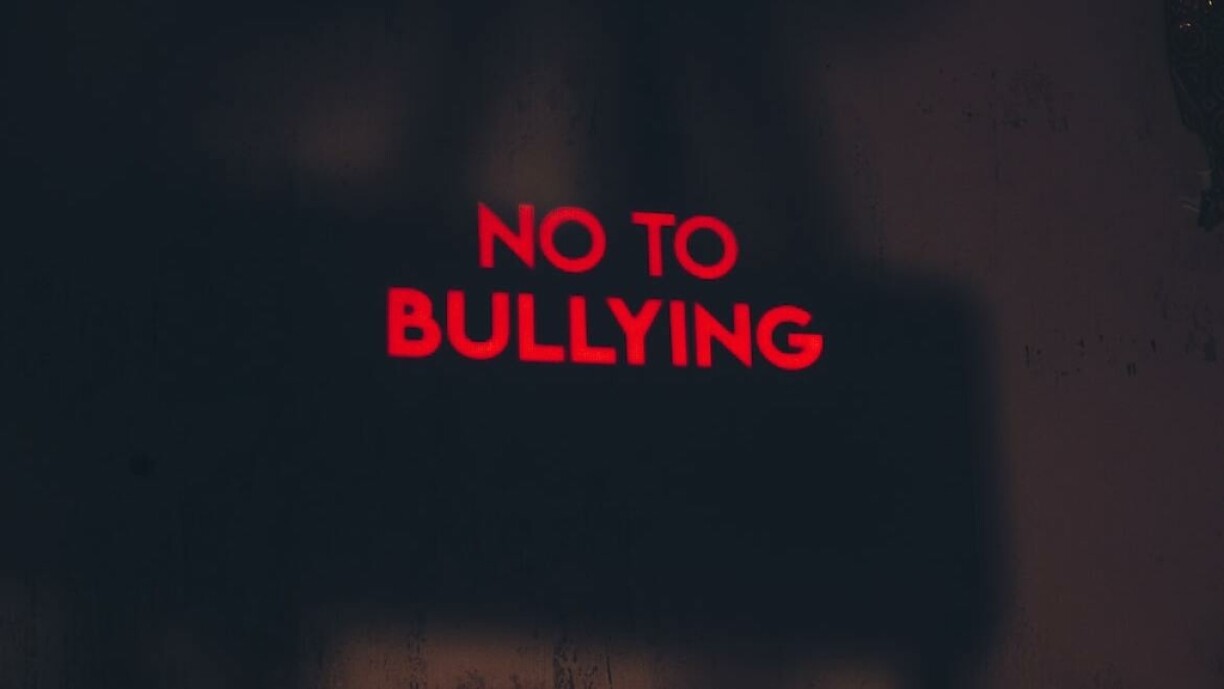
In case you are not familiar with the incident, as unlikely as that seems at this point, here’s the basic backstory. A video appeared on social media which showed a schoolgirl being subjected to bullying while a group of other youths stood idly by. Naturally this led to considerable righteous anger among the broader public - only the most cold-hearted sociopath could watch a video like that and not feel the swell of anger rise within them. But the public reactions from adults left a lot to be wished for.
As a parent of a young child, bullying is something I spend a great deal of time worrying about. I worry that my daughter might one day be bullied, and to an almost equal degree I worry that she might one day bully someone else. Children, and teenagers specifically, and I’m prepared for this not to be a popular opinion, are often... socially maladapted, shall we say? Their brains aren’t fully developed, their reasoning is flawed, their empathy can be severely lacking.
That’s not to say that adults can’t be ‘social maladapted’ as well; there are plenty of five-star douchebags among our adult population, some of whom haven’t quite outgrown the tendency to act towards others in the exact opposite fashion to that in which they would themselves like to be treated. But on the whole, hormone-filled teenagers are particularly prone to questionable decisions and behaviours. It’s part of the process of growing up.
What’s more, the life of a teenager is often incredibly dramatic. Best friends suddenly become your nemesis (and as swiftly become your best friend again), relationships go from unfathomable infatuation to heartbreak in the time it takes to pop a bag of corn. Gossip - not least with the assistance of endless new means of communication - spreads faster than a flame through my exceptionally dry lawn last week.
Teenagers are also difficult to read, and their motivations aren’t always clear - nor do they necessarily make sense - to adults. Especially adults who don’t know them.
Let me be clear: I don’t in any way condone the behaviour on display in the video that circulated on social media. I don’t think being a teenager should let the perpetrators of the vile act off the hook. I am by no means implying that the victim was anything but a victim. Even so, the extent to which adults with no insight into the situation, with no knowledge beyond what they could see, immediately jumped to publicly verbally assaulting the kids in the video is disconcerting.
Ample were suggestions of the sort of treatment these teenagers should receive. Vast and unwavering were the characterisations of these young people as delinquents deserving of nothing but the harshest punishment. Suggestions were made that amounted to modern day tarring and feathering.
That’s all understandable from an emotional perspective, but immediate and poorly informed judgement and castigation is not setting an example that is really contrary to the behaviour being castigated. It adds more fuel to the flames.
What these teenagers did to the victim is appalling. It’s reprehensible. They need to face consequences: but it’s not up to us, the great indignant public, to serve as judge and jury. There are systems in place for these incidents, and that is where we must direct our attention.
Our anger should be aimed at the fact that these situations continue. That the bullying apparently hasn’t ceased. That the police’s “hands are tied” due to oversubscribed youth detention facilities. Rather than pouring seemingly well-deserved scorn and hatred on the teenagers, we should direct our frustration at a system that seems ill-equipped not only to prevent these instances, but also to enforce consequences.